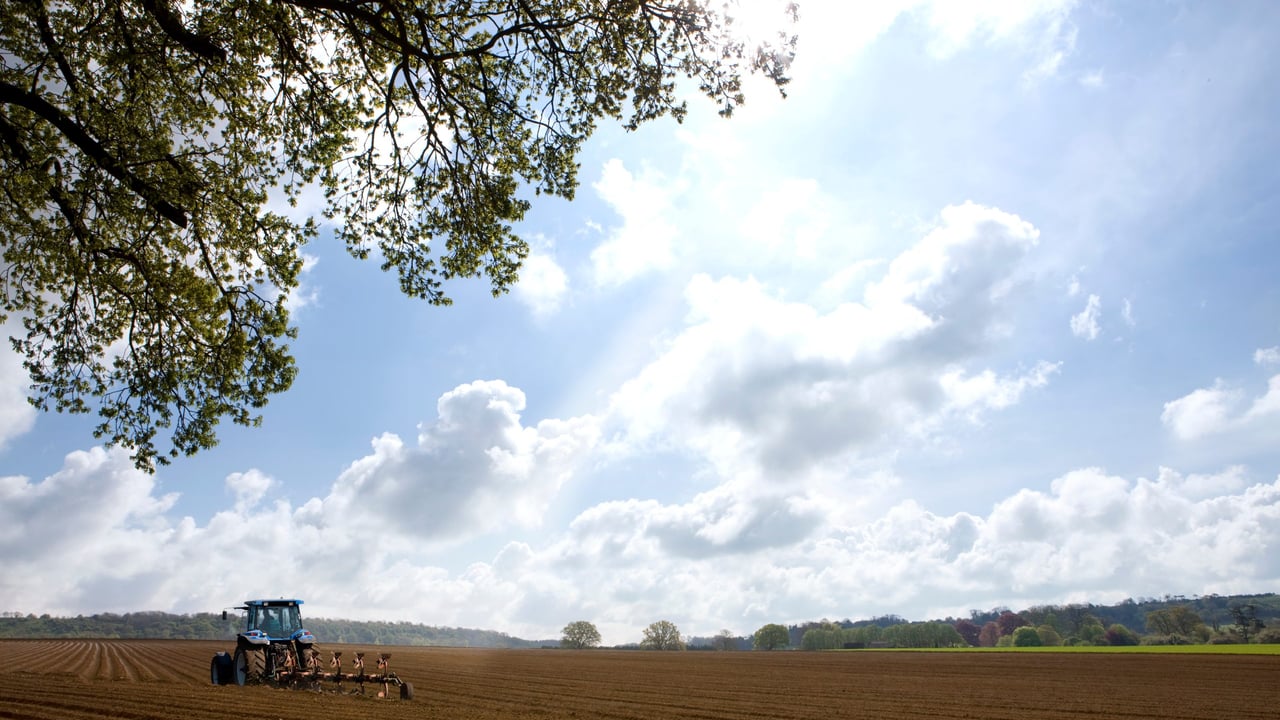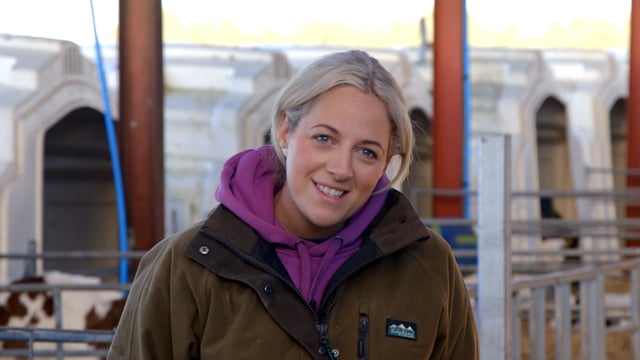Ireland needs a 'CAP that is more straightforward for farmers' - Healy Rae
It is important that supports for tillage farmers set out in the Common Agriculture Policy (CAP) are "protected into the future" according to Minister of State, Michael Healy-Rae.
Negotiations on the European Commission's proposals for the next Multi-Annual Financial Framework, which includes the CAP for the period 2028 to 2034, are now underway.
Ieland's proposed ring-fenced CAP allocation of €8.1 billion represents a reduction of approximately 24% compared with the current allocation of €10.7 billion.
Minister Healy-Rae has warned that CAP negotiations are taking place at "a critical time for the future of farming in Ireland".
"What is at stake are family farms," he told the Dáil during a debate on the tillage sector yesterday (Wednesday, October 15).
Tillage and CAP
Minister Healy-Rae said it is vital that CAP "continues to underpin farm incomes" particularly when it come to tillage which he said can be one of the "unreliable forms of farming".
"All sectors are volatile and susceptible to market forces but fattening cattle, by comparison with tillage, can sometimes be straightforward enough.
"In dairy, various problems arise but ultimately it is sometimes easier to read your plan for the next 12 months. Tillage can go very wrong or it can go right," he said.
During the Dáil debate Sinn Féin's spokesperson on agriculture, Martin Kenny, said that tillage farmers had "been priced out of the market" and the sector was now in crisis.
"This is certainly the case in the rental sector in a lot of areas mainly because of the dairy sector.
"The tillage sector, though, also faces rising costs for machinery, fertiliser, sprays etc.
"Grain prices have been on the floor for many years and cheaper imported grains have been coming in from all over the world," he warned.
The Fianna Fáil TD for Cork North-West and chair of the Oireachtas Committee on Agriculture and Food, Aindrias Moynihan, also cautioned that the tillage sector was now under "phenomenal pressure".
"They have felt under huge pressure over a long time. That is due not just to the price of the crops but also to the way the competition is imbalanced.
"They have to compete with genetically modified crops coming from abroad. It is a global price and the price of the crop in North America will influence the price they can get here at home.
"When they produce their crop and send it to the market, they do not know what kind of price they are going to get. They must wait to get a price. They only get one cheque in the year and do not know what will follow it," Deputy Moynihan added.





